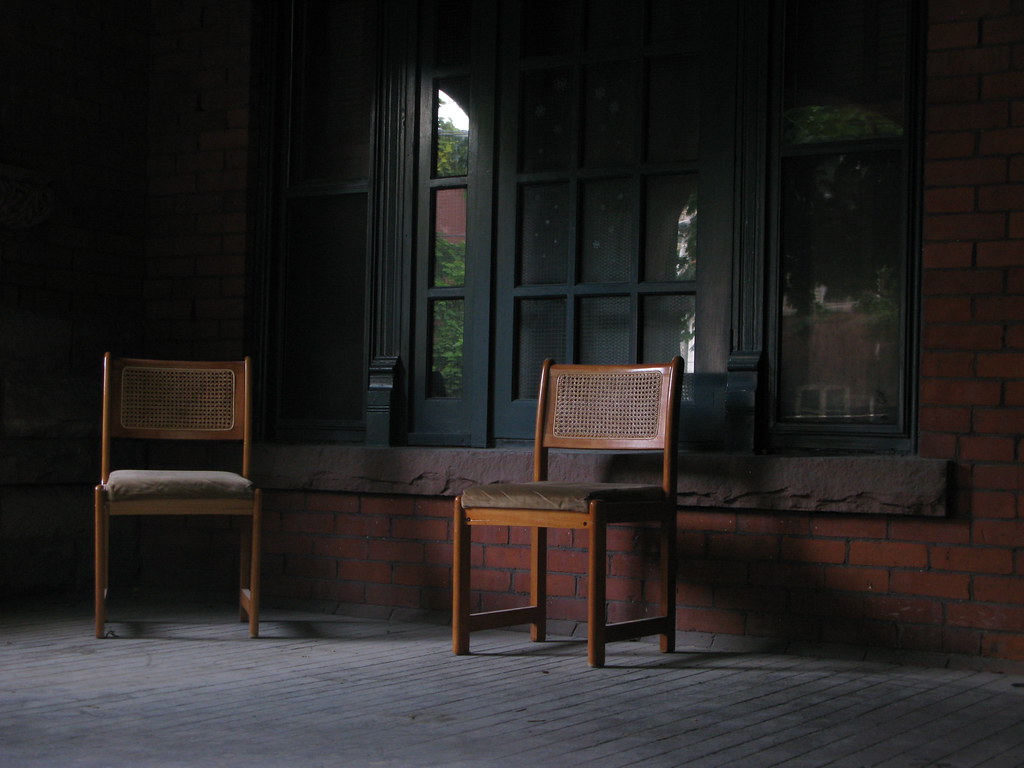In my final year of seminary, I served as a pastoral intern at a wonderful nonprofit organization called Greensboro Urban Ministry. Every Monday and Wednesday I would drive from Durham to Greensboro to serve as a student chaplain for homeless individuals and low-income families. My job description was brief and straightforward: lead a chapel service at noon and be available for any pastoral needs that may arise. I was excited to lead worship, but thoroughly unimpressed with the second part of that expectation. Sounded like a recipe for boredom.
The first month or so, I spent most of the morning in the chaplain’s office reading for my assignments at Duke. Then I would begin preparing my message for noon chapel before moving out to the dining hall where I would invite people to worship. I felt productive and fulfilled when I was interacting with people over lunch, inviting them to worship. I felt fulfilled when I led worship and proclaimed the Gospel to all the clients and residents there.
But it was the first few hours of the morning that made me feel uncomfortable. And lazy. I felt like I was cheating the internship. I checked with my pastoral supervisors about spending the first few hours doing nothing in particular. I wanted direction and purpose. They assured me that being present was, in fact, my role as a chaplain intern. I was not impressed. Surely the chaplain intern could be a bit more productive.
When my pastoral supervisors were engaged away from the office, I began to search for ways I could be better employed for the service of the ministry. Between an expansive food bank, a clothing store, and an emergency assistance center, there was no shortage of volunteer opportunities for those first few hours of the morning.
Fairly soon I was trained to screen emergency requests so I could step in when the assistance center was shorthanded on volunteers. This felt productive and efficient. I felt this is where the chaplain intern should be, on the front lines of human needs.
Still, I was reluctant to leave my post under the direction of my pastoral supervisor in those early months. After all, planning worship was my first priority and eventually I became a bit more creative in my planning. I even planned an Ash Wednesday service for all the clients and residents. In so doing, I managed to set off the fire alarm for the entire center trying to make ashes. Memorable day, that one.
But the day I will remember more than any others was an ordinary Monday when I got stir crazy back in the chaplain’s office. In my youthful arrogance, I shirked the direction of my pastoral supervisors and jumped into the action at the emergency assistance center. After all, they were short of volunteers that day and I was both trained and available.
When I wrapped up a few hours serving at emergency assistance that morning, one of the front desk volunteers came walking frantically down the hall.
‘Where have you been? We’ve been looking for you for 20 minutes.’
‘I’ve been helping out with emergency assistance requests. What do you need?’ the chaplain intern said, proud of his industrious priorities.
‘Someone came in a little while ago looking to speak with the chaplain. We came back to the chaplain’s office but you weren’t there. No one was there. We looked in the chapel and couldn’t find you there either.’
‘Is the person still here?’
‘No, he just left. He waited for a while and then went on his way.’
And it was I who should have been waiting for him. I will never know his name, nor his need. But that unknown man forever impressed upon me that Gospel work means staying put in the place of prayer as much as it means joining the front lines among the poor.
